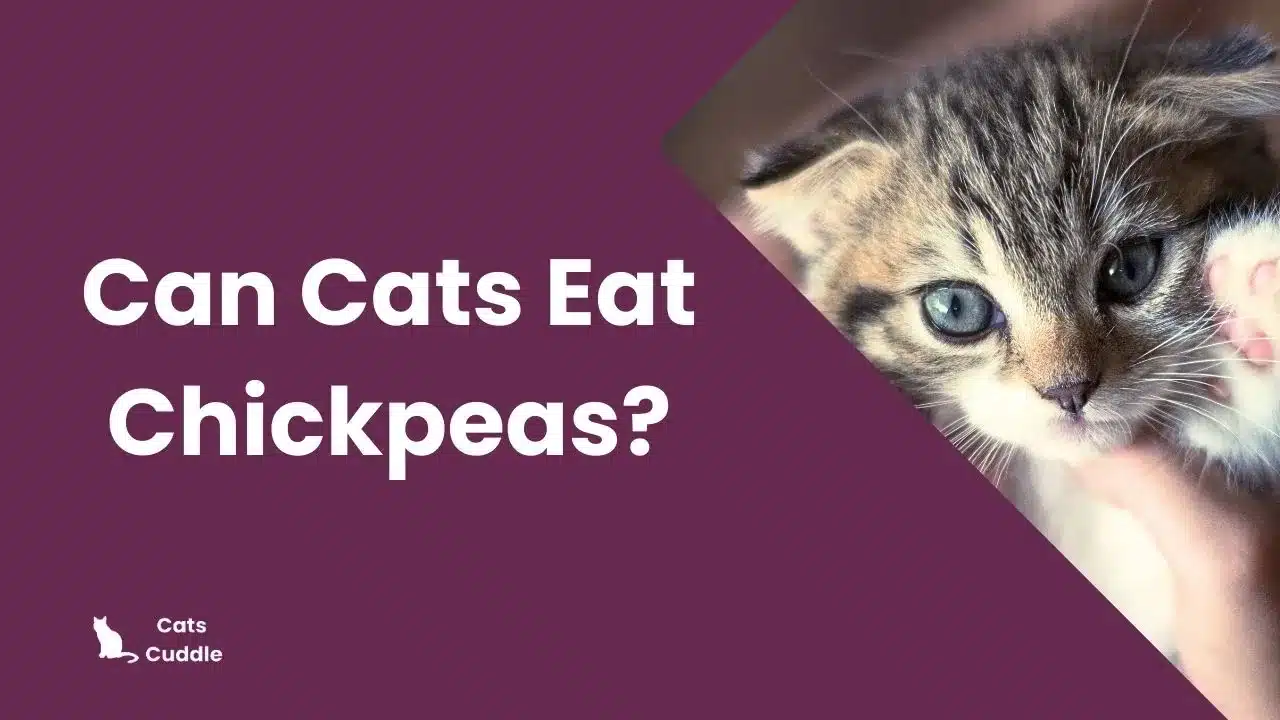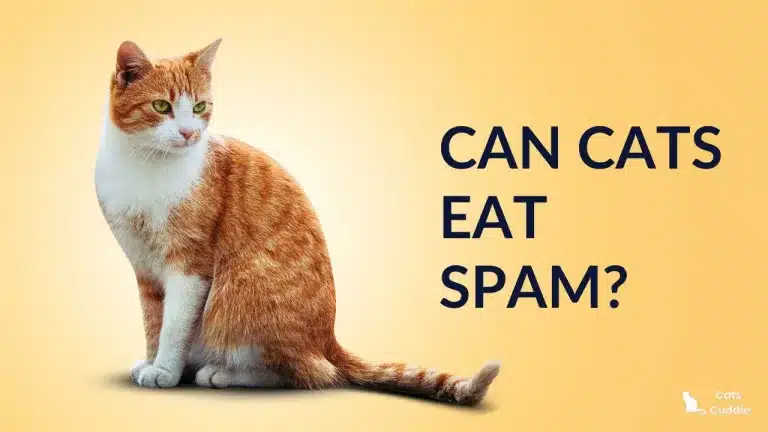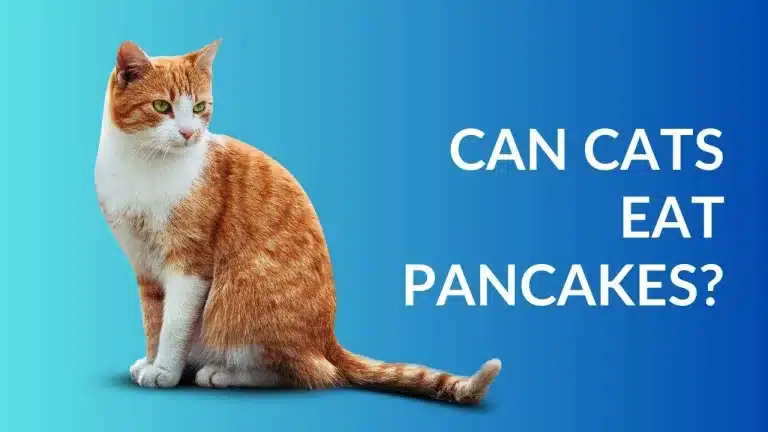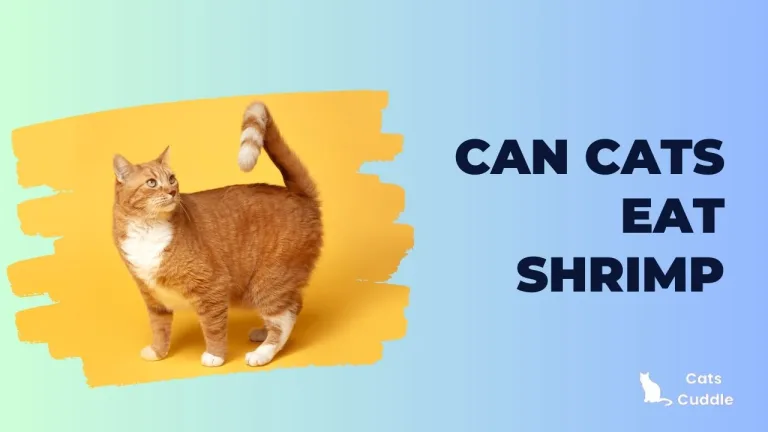Can Cats Eat Chickpeas? Risks & Alternatives
Have you ever wondered whether your feline friend can snack on chickpeas just like you do? Chickpeas, also known as garbanzo beans, are a common staple in many households, known for their high protein content and versatility in dishes. However, when it comes to sharing these legumes with our cats, it’s essential to consider their unique dietary needs and how chickpeas fit into their nutrition.
Cats are known for their specific eating habits and nutritional requirements, which differ significantly from humans. The question of whether cats can eat chickpeas is not just about safety, but also about the suitability of these beans in their diet. In this article, we will examine the compatibility of chickpeas with a cat’s dietary needs, the potential health implications, and offer insights into better dietary alternatives for our feline companions.
Can Cats Eat Chickpeas?
When it comes to whether cats can eat chickpeas, the answer is nuanced. Technically, chickpeas are not toxic to cats, so a small amount occasionally might not harm them. However, just because cats can eat something doesn’t mean they should. Chickpeas, as part of the legume family, are not an ideal food choice for feline friends, primarily due to their complex carbohydrate structure and protein form, which cats digest differently than humans or herbivorous animals.
Chickpeas are rich in proteins and fibers, but for cats, these are not the most accessible or necessary nutrients. Cats need proteins that are complete with all essential amino acids, which are primarily found in animal sources. The protein in chickpeas is not complete for a cat’s dietary needs, lacking certain amino acids critical for cats, like taurine. Furthermore, the high fiber content in chickpeas can be hard for cats to process, leading to digestive discomfort, such as gas, bloating, or even diarrhea.
Feeding your cat chickpeas regularly could also lead to an imbalance in their diet. Cats require a precise balance of nutrients, which are typically provided through high-quality commercial cat food or well-researched homemade diets. Introducing chickpeas or other human foods can disrupt this balance and potentially displace essential nutrients, leading to deficiencies or health issues over time.
While an occasional chickpea might not be harmful, it’s clear that these legumes do not offer significant benefits for cats and can pose risks if not managed properly. The focus should remain on providing a diet that aligns with their carnivorous nature, ensuring they receive all the necessary nutrients for optimal health.
Risks of Feeding Chickpeas to Cats
While chickpeas are not inherently toxic to cats, incorporating them into a cat’s diet is not without risks. The primary concern is the digestive system of cats, which is not designed to process legumes efficiently. Chickpeas are high in fibers and carbohydrates, which can be difficult for cats to break down, leading to gastrointestinal discomfort such as bloating, gas, constipation, or diarrhea.
The risk extends beyond immediate digestive discomfort. Consistent feeding of chickpeas can disrupt the nutritional balance necessary for a cat’s health. Cats require a diet high in animal-based proteins, and chickpeas cannot provide the complete amino acid profile needed. Over time, reliance on chickpeas as a protein source could lead to nutritional deficiencies, affecting the cat’s overall health, including muscle maintenance, immune response, and organ function.
Furthermore, the caloric content of chickpeas, while beneficial in a human diet, can contribute to weight gain in cats. Obesity in cats is a serious health concern, leading to additional stress on the body, including the risk of diabetes, liver problems, and joint issues.
Allergic reactions, though less common, can also occur. Cats, like humans, can have allergies to specific foods, including chickpeas. Signs of an allergic reaction can include skin irritations, itching, or more severe gastrointestinal symptoms.
Safe Preparation and Quantity
If you’re considering offering chickpeas to your cat, preparation and moderation are key. Firstly, chickpeas must be cooked thoroughly to soften them, making them easier for your cat to digest. Raw chickpeas are not suitable for cats due to their hard texture and potential for causing digestive blockages. When cooking chickpeas for cats, they should be plain, without any added salt, spices, or seasonings, especially onion and garlic, which are toxic to cats.
In terms of quantity, chickpeas should only be given sparingly and not as a regular part of a cat’s diet. A few chickpeas as an occasional treat may be harmless, but they should not replace or significantly supplement the cat’s main diet. Consistent feeding of chickpeas can lead to nutritional imbalances and health issues due to their incomplete protein profile and high carbohydrate content.
Cats are naturally curious and may show interest in chickpeas, especially if they see their owner eating them. However, this curiosity should not be encouraged through frequent feeding. Instead, chickpeas can be used very sparingly as a treat, ensuring they are well-cooked and mashed to prevent choking hazards and facilitate easier digestion.
Healthier Alternatives to Chickpeas
Given the risks associated with feeding chickpeas to cats, it’s beneficial to consider healthier and more suitable alternatives that align with their nutritional needs. Cats enjoy variety in their diet, and incorporating safe, cat-friendly fruits and vegetables can provide this while ensuring they receive essential nutrients.
- Carrots: Cooked carrots are a great choice, offering beta-carotene, vitamins, and fiber. They should be served cooked and mashed or in small pieces to prevent choking and ensure easy digestion.
- Blueberries: These berries are low in calories and high in antioxidants, which can support a cat’s immune system. They also provide a healthy moisture content, which is beneficial for cats, especially those on a dry food diet.
- Squash: Varieties of squash, including pumpkin, are excellent for digestive health due to their high fiber content. Cooked, pureed squash can help with hairball management and is gentle on a cat’s stomach.
- Peas: Often found in commercial cat foods, peas are a good source of protein, fiber, and vitamins. They should be served cooked and in moderation to avoid digestive issues.
- Spinach: This leafy green is packed with vitamins and minerals but should be avoided in cats with a history of urinary or kidney problems. For healthy cats, a small amount of cooked spinach can provide added nutrients.
Incorporating these foods into your cat’s diet should be done cautiously and sparingly to avoid upsetting their nutritional balance. Treats, whether commercial or homemade, should never constitute more than 10% of a cat’s total daily caloric intake to prevent nutrient imbalances.
Frequently Asked Questions (F.A.Q)
Can chickpeas be toxic to cats?
Chickpeas are not toxic to cats, but they are hard to digest and don’t provide the necessary nutrients cats need. While a small amount occasionally might not harm, regular feeding can cause digestive issues.
How often can I feed my cat chickpeas?
Chickpeas should only be given as a rare treat, not as part of the regular diet. Feeding chickpeas frequently can lead to nutritional imbalances and digestive problems.
Are there any benefits to feeding my cat chickpeas?
Chickpeas can offer some fiber and protein, but these are not in forms ideal for cat nutrition. The potential risks and lack of complete nutrients for cats outweigh the benefits.
What should I do if my cat accidentally eats chickpeas?
If a cat consumes a few chickpeas accidentally, monitor for any adverse reactions like digestive upset. If symptoms occur or if a large quantity was consumed, consult a veterinarian.
What are better food alternatives for cats instead of chickpeas?
Safer and more nutritious alternatives include cooked meats, special cat treats, and small amounts of cat-safe vegetables like carrots and peas, which provide better-suited nutrients for cats.
Wrapping Up
In summary, while cats can technically consume chickpeas, these legumes are far from the ideal choice for their diet. Given their carnivorous nature, cats thrive on a diet rich in animal proteins, which chickpeas cannot adequately provide. The occasional chickpeas might not cause harm, but they should not become a staple in a cat’s diet due to their potential to cause digestive issues and nutritional imbalances.





![Can Cats Eat Ranch Dressing? – Risks & Alternatives [2024]](https://catscuddle.com/wp-content/uploads/2024/03/Can-Cats-Eat-Ranch-Dressing-768x432.webp)

